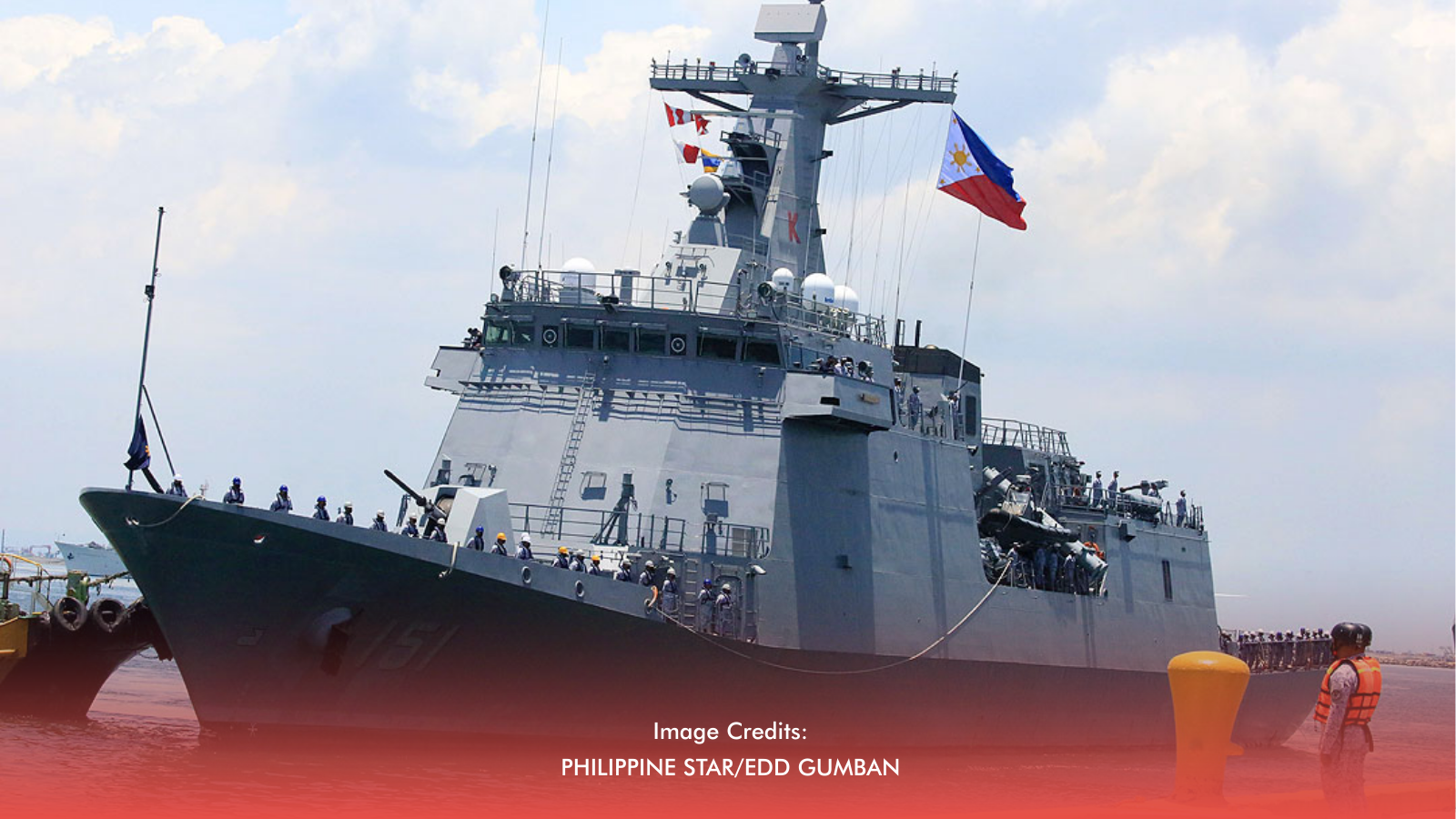The Philippine Navy asserted that it is “stronger now than yesterday” in defending the country’s borders, particularly in the West Philippine Sea (WPS). With ongoing modernization efforts, the Armed Forces of the Philippines (AFP) emphasized its improved capacity to respond to security challenges and aggression in contested waters.
Rear Admiral Roy Vincent Trinidad, the Navy’s spokesman for the WPS, underscored that the military has steadily enhanced its capabilities across its service branches over the past decade.
“Little by little we upgraded. For the past 10 to 15 years, it’s not just the Navy but also the air force and the army,” Trinidad said at a weekend forum. “I can say we are stronger now than yesterday. The Department of [National] Defense has the details of it,” he added.
RELATED: [U.S. To Establish Vessel Facilities In Palawan, Aiding WPS Efforts]
Boost in Naval Strength and Joint Exercises
Trinidad emphasized that the AFP has developed the ability to neutralize enemy ships, a capability highlighted during recent exercises. He pointed out that Philippine forces successfully conducted missile launches from multiple domains during joint training operations.
“We have shown that during exercises, in Balikatan (shoulder-to-shoulder) we launched missiles. From land and sea and air. And our targets are ships,” the Navy spokesman explained.
He further stressed that the AFP is not solely focused on the WPS but also continues to secure northern borders, reinforcing broader defense coverage across the archipelago.
Adapting Through Asymmetric Warfare
As part of the ongoing modernization program, the AFP is strengthening its asymmetric warfare capabilities. Trinidad explained that unconventional strategies, which are less costly but highly effective, remain a priority in addressing external threats.
“This is part of what our Department of National Defense is looking at in the modernization program, how to leverage technology not only for offensive purposes but, more importantly, for defense,” he said in Filipino during the Saturday News Forum in Quezon City.
He added that unconventional methods enable the AFP to counter stronger adversaries while also protecting sensitive military installations from attacks, including the threat of explosive-laden drones.
“Right now, we have the capability, although we still have much to improve when it comes to our drone defense capability,” Trinidad acknowledged.
His statement comes as the Philippine National Police continues to validate reports of sleeper cells in the country. Several Chinese nationals suspected of espionage have been arrested in recent months, including cases in Makati City and Palawan.
Trinidad clarified that unconventional warfare would only be employed as a last option, noting that any such decision would follow careful monitoring and assessment of potential threats.
RELATED: [Lawak Island: Strengthening PH Sovereignty in the West Philippine Sea]








